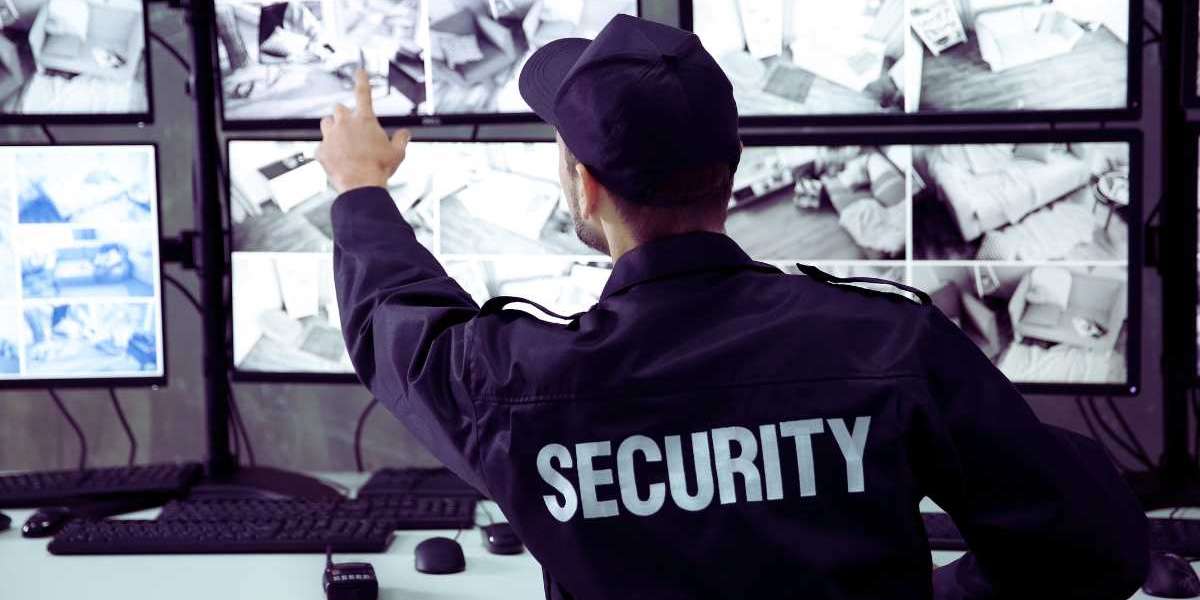Organizing a successful event goes beyond entertainment, logistics, and planning. One of the most crucial aspects that should never be overlooked is event security. Whether it’s a corporate gathering, music festival, sports event, or private function, ensuring the safety of guests, staff, and property is paramount. Effective security measures can prevent potential threats, manage crowd control, and ensure smooth execution without disruptions.
Understanding the Importance of Event Security
Event organizers must prioritize security to safeguard attendees from risks such as unauthorized access, theft, crowd-related issues, and emergency situations. Poor security planning can lead to chaos, safety hazards, and even legal consequences for event hosts.
A well-structured security plan ensures:
Controlled Access: Preventing unauthorized entries and maintaining a secure perimeter.
Crowd Management: Avoiding overcrowding and ensuring smooth movement of guests.
Emergency Response: Addressing unforeseen situations like medical emergencies, fires, or evacuations.
Asset Protection: Preventing damage or theft of valuable equipment, merchandise, or personal belongings.
Crisis Prevention: Identifying and handling threats before they escalate into serious problems.
Key Elements of an Effective Event Security Plan
1. Risk Assessment and Planning
Before an event takes place, a thorough risk assessment should be conducted. This involves evaluating potential threats, venue vulnerabilities, and expected crowd behavior. Security professionals analyze the location, identify high-risk areas, and develop preventive measures.
2. Access Control and Screening
Controlling entry points is fundamental in event security. Security personnel should verify tickets, IDs, and guest lists to prevent unauthorized access. Screening attendees with metal detectors, bag checks, and security scanners can further enhance safety by detecting prohibited items.
3. Trained Security Personnel
Hiring professional security staff ensures that all security measures are executed efficiently. Security officers should be trained in crowd control, emergency response, and conflict resolution. Having a visible security presence also deters potential troublemakers.
4. Surveillance and Monitoring
Modern security strategies rely on advanced technology such as CCTV cameras, drones, and real-time monitoring systems. Surveillance helps in detecting suspicious activity and assists in quick response to incidents. Security teams should have designated monitoring stations for instant communication.
5. Crowd Management Strategies
Large events require careful planning to prevent congestion and stampedes. Security teams should be positioned at key areas such as entry and exit points, seating areas, and near the stage or main attractions. Proper signage and barricades can help in directing crowd flow smoothly.
6. Emergency Preparedness
A well-prepared security team is always ready to handle emergencies. Having an emergency response plan, including evacuation routes, first-aid stations, and coordination with local authorities, ensures quick action during incidents such as fires, medical emergencies, or security breaches.
7. Cybersecurity for Digital Events
With the rise of virtual and hybrid events, digital security has become equally important. Protecting online registration data, preventing hacking attempts, and ensuring secure payment transactions are essential components of event security in the digital space.
Event Security Challenges and Solutions
1. Managing Large Crowds
Handling thousands of attendees can be challenging, especially at concerts, rallies, or sporting events. Implementing a well-organized entry and exit system, along with security checkpoints, can prevent crowd-related issues.
2. Dealing with Unruly Behavior
Events often witness disruptive individuals, intoxicated guests, or conflicts. Trained security personnel should intervene professionally to de-escalate situations and remove troublemakers if necessary.
3. Preventing Theft and Vandalism
Events with valuable equipment or merchandise are prone to theft. Security personnel should patrol designated areas, and surveillance cameras should be strategically placed to monitor sensitive zones.
4. Ensuring VIP and Performer Safety
High-profile guests and performers require extra protection. Assigning dedicated security teams, implementing secure transportation, and having private access points can help maintain their safety and privacy.
Choosing a Reliable Event Security Partner
Partnering with an experienced security service provider ensures seamless event security management. Companies like Bravosecurity specialize in offering trained personnel, advanced surveillance solutions, and comprehensive risk assessment strategies tailored to different event types.
A professional security provider should offer:
Well-trained and licensed security officers
Expertise in risk assessment and emergency response
Advanced security technology for monitoring and communication
Customized security plans for different event sizes and types
Conclusion
No matter the size or nature of an event, event security should always be a top priority. Implementing a well-thought-out security strategy ensures not only the safety of attendees but also the smooth execution of the event. From crowd control to emergency preparedness, every detail must be planned meticulously. Working with a professional security service provider, like Bravosecurity, guarantees that all aspects of event security are handled with expertise and efficiency. Investing in top-notch security solutions is the key to hosting a successful and secure event that leaves a lasting positive impression on guests and stakeholders.








